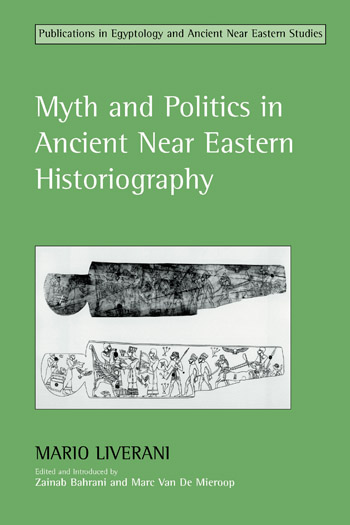2. Telipinu, or: on solidarity
Myth and Politics in Ancient Near Eastern Historiography - Mario Liverani
Mario Liverani [+]
University of Rome “La Sapienza”, (Emeritus)
Description
In the seventeenth and sixteenth centuries, the Hittites created a centralised state in Anatolia often referred to as the Hittite Old Kingdom. Later historical tradition from the second half of the second millennium remembered this period as one where a number of strong and powerful kings, the ancestors of the Hittite royal house, were succeeded by a confused set of weak ones. Of the powerful ones, Hattushili I was regarded as the creator of the state, while his successor, Murshili I, was the great conqueror of Aleppo in northern Syria and of Babylon in southern Mesopotamia. Upon his return home, the latter was assassinated and the state fell into disarray from which it did not recover for some two centuries. In that long period of weakness only one king stands out, Telipinu, who was the author of an Edict, ostensibly trying to reverse the situation by regulating succession to the throne.






